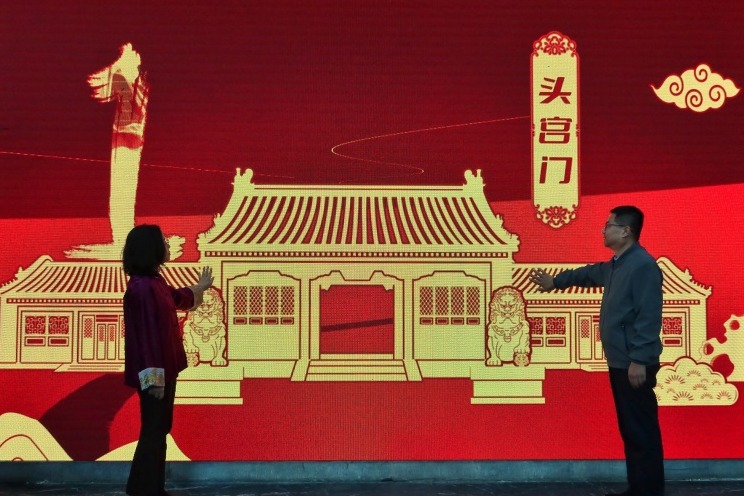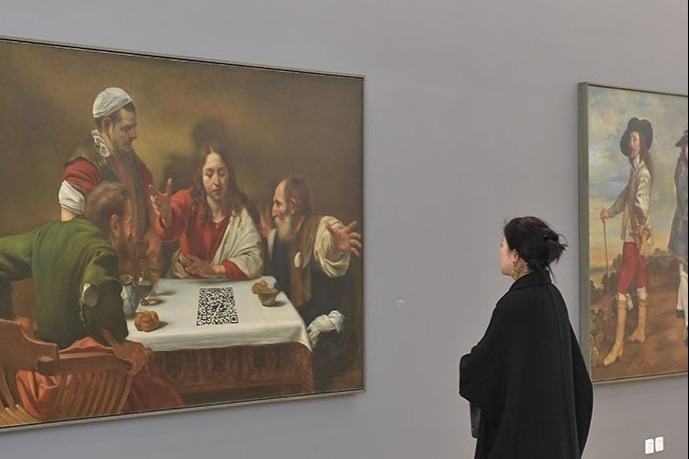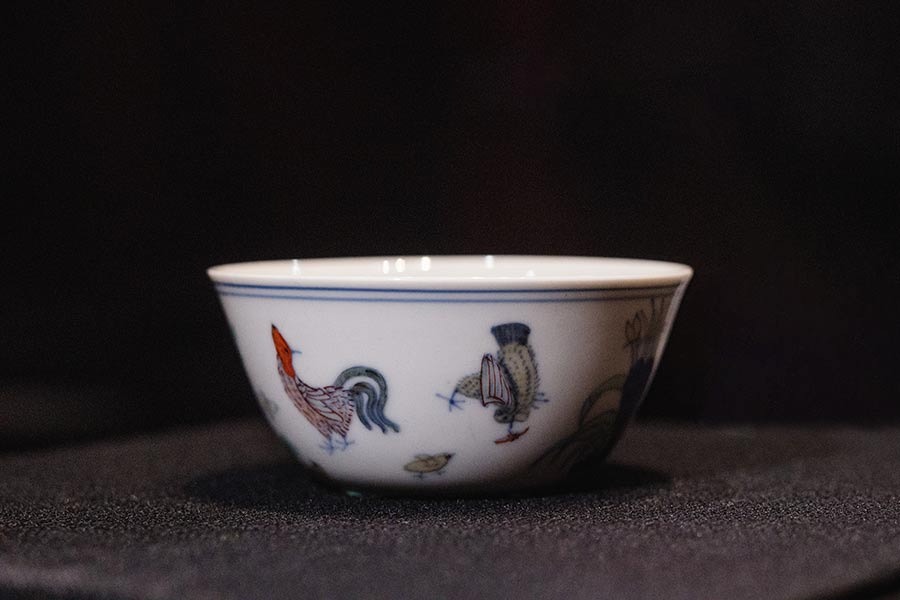Singing the notes


Hu adds that while the qiaopi system has disappeared, it has become a unique and valuable cultural heritage that shows the cultural and political exchange between China and the rest of the world at the time.
In 2013, Qiaopi and Yinxin: Correspondence and Remittance Documents from Overseas Chinese was included in the UNESCO Memory of the World Program, which was established in 1992 to preserve the world's documentary heritage.
"They record firsthand the contemporary livelihood and activities of Overseas Chinese in Asia, North America and the Oceania, as well as the historical and cultural development of their countries in which they were residing in the 19th and 20th centuries. They constitute evidence of the Chinese international migration history and the cross-cultural contact and interaction between the East and the West," the UNESCO website explains.
Now, a large number of examples of qiaopi are kept and preserved at museums, research centers and archives. For example, Shantou Qiaopi Museum has a collection of more than 120,000 items of correspondence.





































